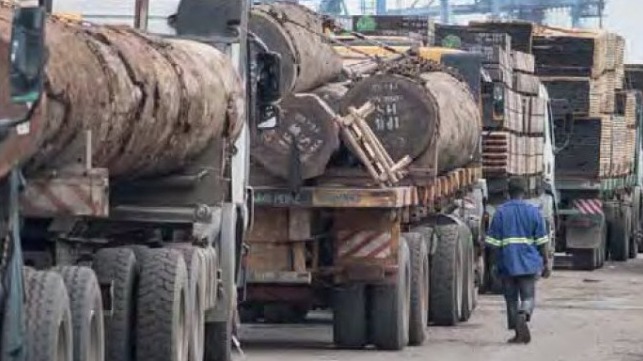Belgium Highlighted as Wildlife Trade Hub

Belgium’s central role as an importer and distributor of wildlife products within the E.U. has been highlighted in a TRAFFIC and WWF Belgium report submitted to the nation’s Houses of Parliament.
The new study, Wildlife trade in Belgium: An analysis of CITES trade and seizure data, examines trade in species listed under the Convention on International Trade in Endangered Species of Wild Fauna and Flora (CITES), and identifies Belgium's role in trade between Africa to Asia.
The study identified Belgium as the top E.U. importer of reptile commodities within the E.U., as reported by weight. This trade was dominated by reptile meat with Belgium responsible for importing 787,251kg of mainly Nile Crocodile Crocodylus niloticus meat, predominantly from Zimbabwe over the period studied, 2007–2016. However, based on the available data, it is unclear if the imported meat is consumed in Belgium or traded on within the E.U., due to the E.U. single market and free movement of goods.
Belgium was also the second largest importer of plant products, including timber, by volume, into the E.U. during the time period with trade dominated by sawn wood - just over 68,129 cubic meters - particularly Afrormosia Pericopsis elata originating from Cameroon and the Democratic Republic of the Congo.
Yet despite the large volumes of timber entering Belgium, seizures of wood deemed to be illegally imported were rare: “this disparity highlights the need for Belgium to ensure it is not being used as an illegal trade hub for protected timber species,” write the report’s authors. They recommend that targeted controls of CITES-listed timber imports at Antwerp sea port need to be increased, stating that special attention should be paid to timber products coming from the African continent, particularly the DRC and Cameroon.
Plant imports included significant quantities of species with known medicinal properties, including 213,919kg of wild-sourced African Cherry Prunus africana bark, used to treat a variety of ailments ranging from fevers to insanity, through to use as an appetite stimulant.
An analysis of wildlife seizures found Belgium to be a major intermediary in the illegal transport of CITES-listed commodities such as plant-derived medicinal products, reptile derived leather products, ivory and seahorse bodies. The data suggest that these commodities in transit through Belgium are mainly coming from West and Central Africa, going to China and are being shipped through air transport and postal systems. The report states that Antwerp seaport is also used as a transit point in the movement of illegal wildlife such as skins, ivory and sea horses.
